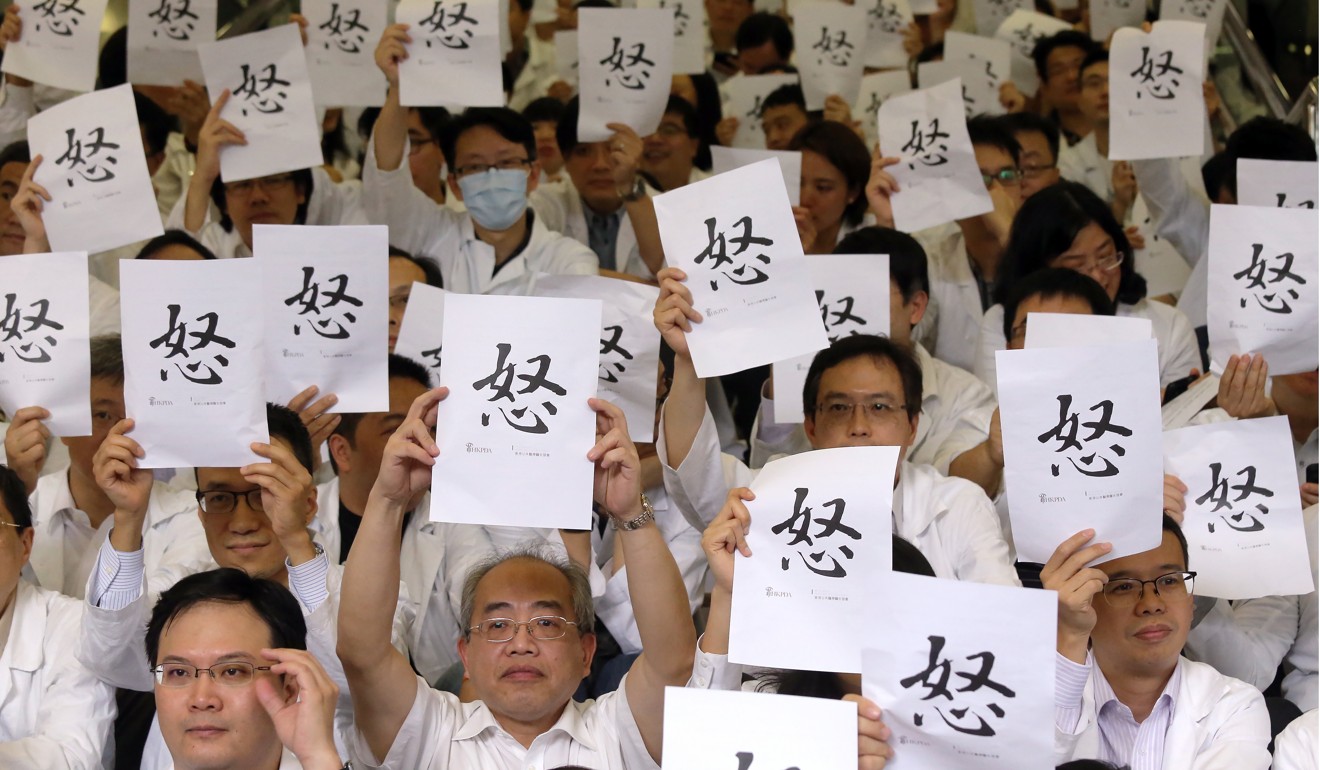
Why Singapore is more attractive to overseas doctors than Hong Kong
Dr Daniel Poon says the licensing requirements in Hong Kong put off even overseas-trained doctors of local origin while the pay package for short-term specialist contracts is not internationally competitive
Yet, like me, many overseas doctors do not believe returning to the city is a viable career move. To understand this reluctance, one must consider the two main pathways to gain a medical licence in Hong Kong and the opportunity costs associated with each.
Uprooting oneself for a contract that is considered relatively short in the medical sphere is simply too unappealing for some
The second way back to Hong Kong is to apply for a one-to-three-year contract job after qualifying as a specialist overseas. If successful, the Hospital Authority will grant you limited registration, but only for the length of the contract.
Surely this is a more attractive option? Not so, as advanced medical training can often last five to 10 years post medical school, during which time, these doctors are likely to have laid down roots and have young families. Furthermore, specialists are often in demand where they trained, with the best opportunities for progression becoming available at this very stage of their careers. Uprooting oneself for a contract that is considered relatively short in the medical sphere is simply too unappealing for some, especially if it involves foregoing a tenure-type permanent position with guaranteed, stable career progression.

Those with some insight into medical recruitment would point out that certain international territories have successfully recruited high-quality specialists with similar three-year contracts. However, the remuneration on offer in Hong Kong is simply not competitive enough for those considering a short-term career move.
Hong Kong cannot even attract its own sons and daughters to return
Several Middle Eastern countries offer Western-trained specialist doctors tax-free packages in excess of HK$2 million a year with free accommodation, free private education for their children, generous annual leave and training budgets, and business-class flight tickets for their entire families to wherever they deem home to be.
Any attempt to change the current system will be fraught with political difficulty. However, it is also undeniable that there is a medical staffing crisis in Hong Kong, compounded by the fact that medical students take five years to train before they can even practise under close supervision, let alone provide specialist level expertise. No clear immediate solution is therefore in sight, and it is ultimately the people who will suffer.
Recruiting suitable qualified overseas doctors could indeed, at least in part, provide short-to-medium-term relief. Sadly, Hong Kong currently cannot seem to even effectively attract its own sons and daughters to return. The whole situation is truly Kafkaesque.
Dr Daniel Poon gained his medical degree in the UK after moving from Hong Kong. He is currently receiving higher specialist training in diagnostic radiology at St Thomas’ Hospital and Evelina London Children’s Hospital, both in London
